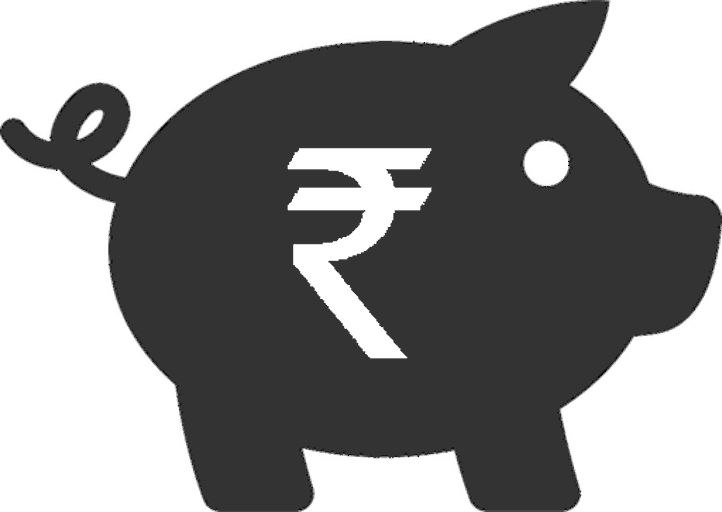Last Updated on January 21, 2020 by Gopal Gidwani
The average population consists of the youth. According to a survey, India has over 300 million population of the young generation. Since the youth can be passionate about working, they might tend to work at a young age. As a young adult, you might have started working in your early 20s. While you may be excited about your first salary, you might tend to ignore the most crucial thing after you start to earn, which can be tax payment.
Taxes might be one of the most dreaded parts of your lives. Due to its long process and complex nature, you might be unable to pay your taxes. According to a report, 10 million population filed for tax returns, while 27 million actually paid the taxes out of a total of 37 million population in India. Although you might fear your tax payment, you should regularly pay taxes, whether you are a salaried professional or a self-employed individual.
On the other hand, taxes are an inevitable part of your life. Since you cannot escape from the payment of taxes, you should be careful throughout the entire process of tax planning. If you are a first-time taxpayer, you might be confused about how to go about it. Therefore, let’s help you get started with these top three things you should know as a first-time taxpayer:
1) Confirm your tax liability
When you start earning, you might become eligible to pay your taxes regularly. However, you should check your eligibility before opting for tax payments. After exemptions and deductions, if your annual income goes beyond Rs. 2,50,000, you can be liable to pay your taxes. When your income lies within the respective tax slab, you should pay your taxes even if you are an NRI or live in a Hindu Undivided Family (HUF).
Typically, the taxpayers in India are divided into the following three categories, as mentioned below:
- An individual below 60 years or lives in HUF.
- Senior citizens between the age bracket of 60-80 years.
- Senior citizens above 80 years.
2) Invest in tax-saving instruments
The government of India has introduced many tax-saving investments to allow you to reduce your tax liability. If you are looking forward to saving your taxes, you should look for all the types of investment options, which fall under Section 80C of the Income Tax Act, 1961. When you opt for tax-saving avenues in accordance with Section 80C, you can claim a tax deduction of up to Rs. 1,50,000 on your taxable income.
The most popular types of investment that can help you to reduce your tax burden under Section 80C are as follows:
- Employee Provident Fund (EPF)
- Unit Linked Insurance Plan (ULIP)
- Equity Linked Savings Scheme (ELSS)
- National Savings Certificate (NSC)
- Public Provident Fund (PPF)
- Senior Citizens Savings Scheme (SCSS)
3) Purchase a health insurance plan
As you grow older, the chances of suffering from severe health conditions like cardiovascular diseases, kidney failure, and so on go up. Since the severity of such diseases can be high, hospitals can charge expensive bills. When you have a health insurance plan under this scenario, you can pay your hospital bills without creating a hole in your pocket.
Apart from covering the skyrocketing charges, health insurance plan can be suitable for availing tax-saving benefits under Section 80D. When you purchase a health insurance plan, the quantum of tax savings can depend upon your age. Typically, the tax benefits can be divided into four categories based on your age, which are available under Section 80D:
- You can claim a tax deduction of up to Rs. 25,000 for premium paid for health insurance, if you, your partner, and your children are under 60 years.
- You can claim a deduction of up to Rs. 50,000, for premium paid to buy a health insurance plan for your parents who are above 60 years or more.
- You can claim a total deduction of up to Rs. 75,000, for premium paid for health insurance, if you are below 60 years and your parents are above 60 years.
- You can claim a total deduction of up to Rs. 1,00,000, for premium paid for health insurance, if you and your parents, both are above 60 years.
In a nutshell, while tax planning can be challenging for you, it can be an imperative process to maximise your savings. When you pay the income tax for the first time, you should evaluate your tax liability, and include all the earnings from different sources of income like salary, accrued interest from investments, etc. Additionally, choose an online investment that can align with your financial portfolio as well as reduce your tax burden.

